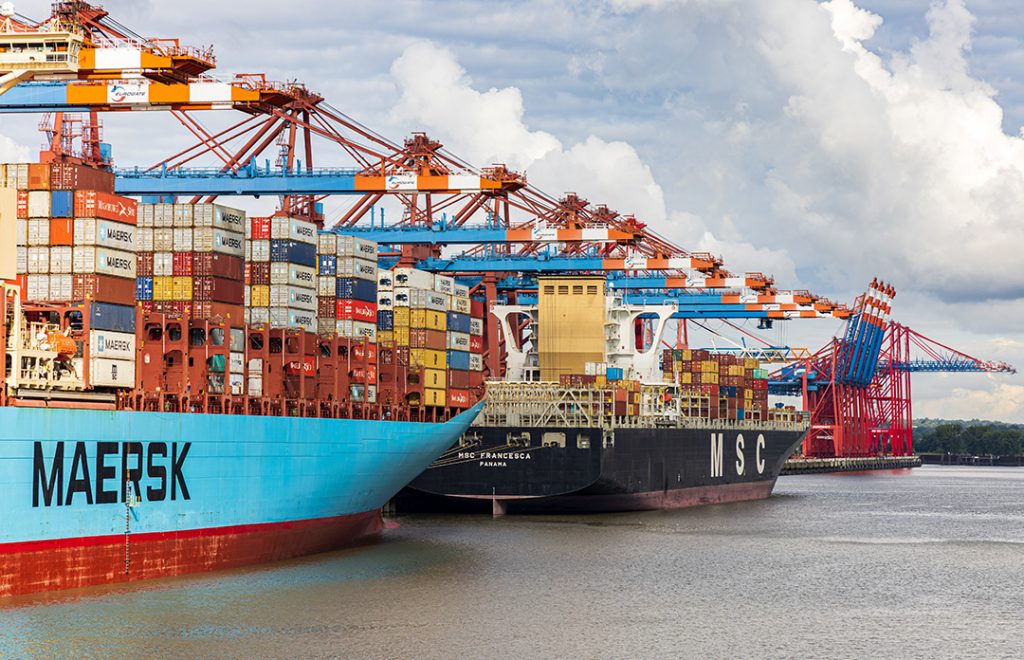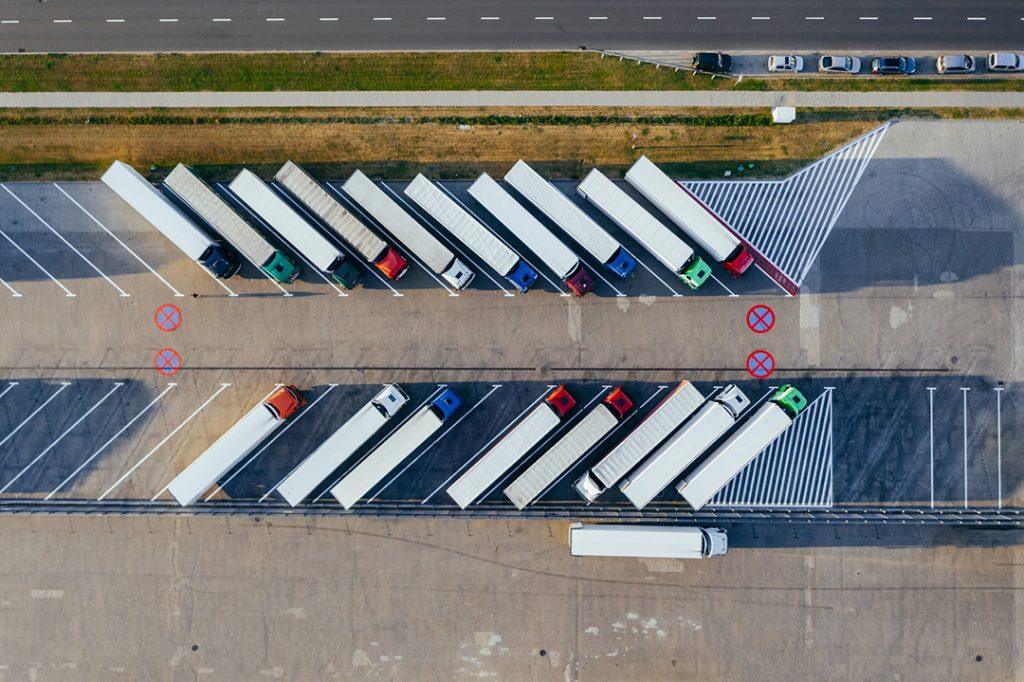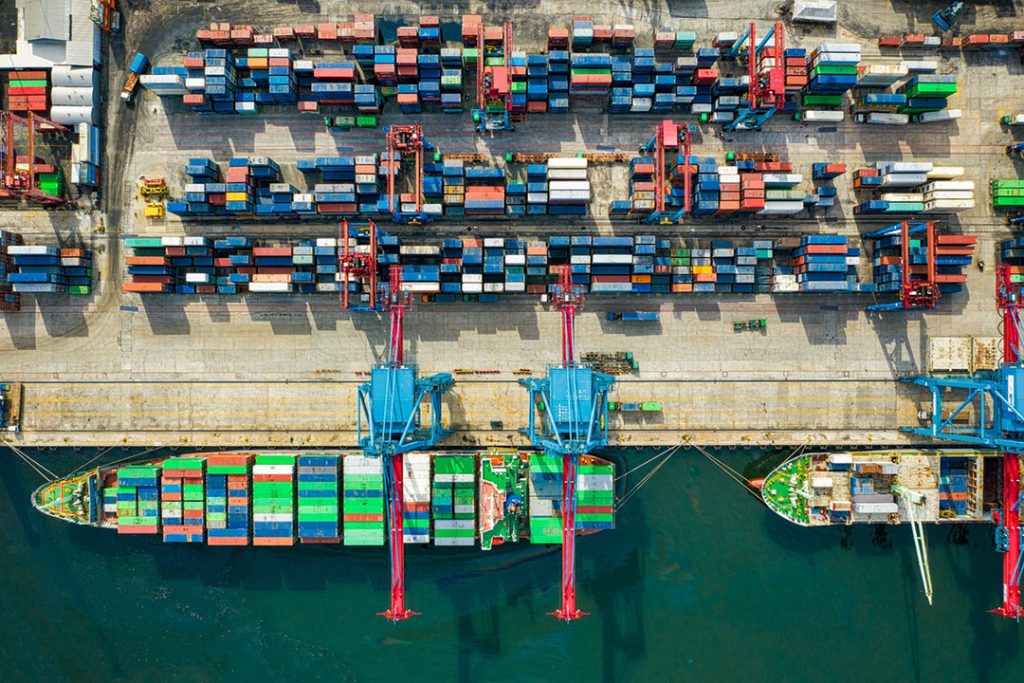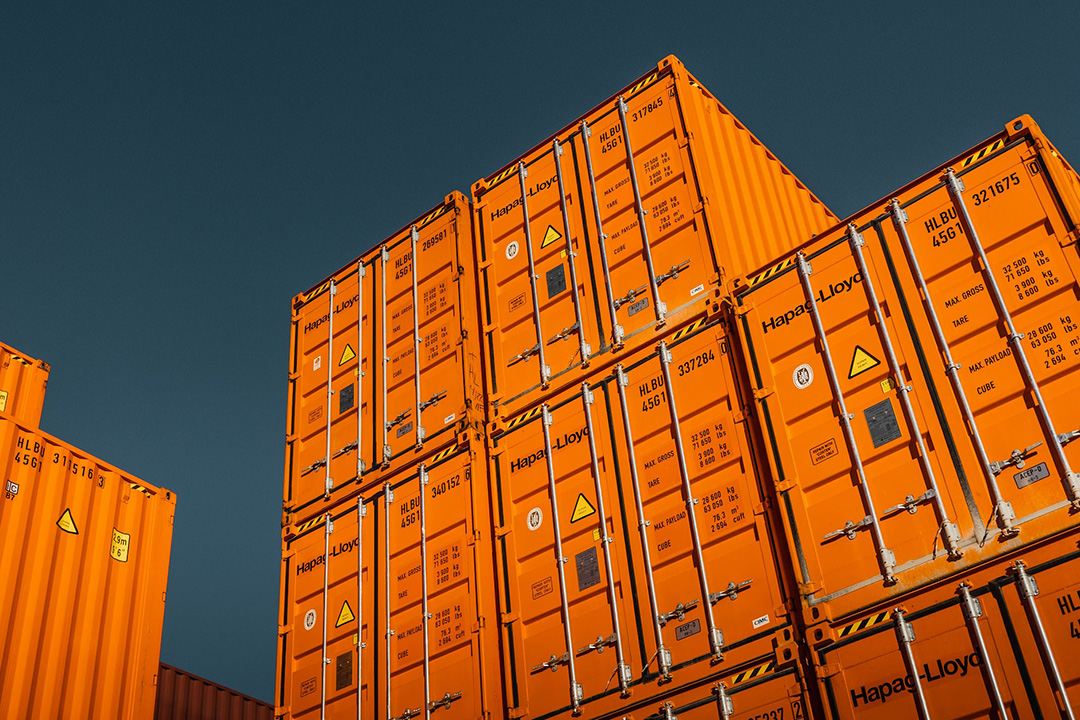Bulk bags, also called flexible intermediate bulk containers (FIBCs), are the preferred packaging material for storing and shipping large quantities of materials. They’re commonly used for dry, particulate substances, such as sand, gravel and fertilizer, but they’re also very useful for powders, ore, grain and viscous liquids.
FIBCs are ideal for transporting materials in shipping containers as they can be stacked easily and are more flexible and malleable than cardboard or wooden crates. This makes them an affordable and efficient solution for shipping bulk quantities of various materials.
Custom Bulk Bags is a leading manufacturer and supplier of FIBCs in South Africa. We produce a variety of high-quality products in accordance with international regulations and guidelines. All of our bulk bags have a minimum safety factor rating of 5:1 and undergo strict quality inspection processes before being delivered to the customer.

Why choose FIBCs over rigid containers
Bulk bags have several key advantages over rigid containers. They are extremely lightweight yet capable of holding up to two tonnes of material per bag. This helps to minimise transport costs as the weight of rigid containers adds to shipping expenses. They are flexible and malleable, which maximises the space within a shipping container too.
In addition, FIBCs are extremely easy to handle. The lifting loops can be customised to fit your equipment perfectly and the bags can be fitted with a range of attachments, such as spouts, to make filling and discharging easier, safer and more efficient. Their customisability is one of the biggest advantages over rigid containers.
Bulk bags are also made from woven polypropylene tapes. This means that they are recyclable and also highly resistant to moisture and temperature extremes. Wood, cardboard and metal containers are all susceptible to rot or rust caused by water, as well as fluctuating temperatures. This means that FIBCs offer better protection for the valuable materials stored within them during shipping.

General stowage tips in shipping containers
FIBCs are often stored within intermodal shipping containers to protect them and their stored materials from exposure to the elements while at sea. The walls of the containers prevent the bulk bags from toppling over in rough waters and being enclosed preserves the quality of the FIBC fabric and the products they hold. Bulk bags and shipping containers go hand-in-hand, so here are some general loading and stowage tips.
Bulk bags are perfectly shaped for stacking within containers. They have flat bottoms with a large surface area, making them very stable. Never overfill FIBCs as it causes the bottoms and sides to bulge, which affects stability and leads to wasted space as fewer bags will be able to fit neatly into the shipping container.
Choose baffled bulk bags as these attachments help them to keep their shape when filled. This will improve stowage efficiency. For large-grain materials, such as mining ore, open-top bags are more suitable whereas duffle-tops or spout-filling bags are recommended for powders and fine-grain materials.
Stack the heaviest materials at the bottom of the containers and place the lighter goods on top. In addition, ensure that the loads are evenly distributed throughout the entire container. Store damp or liquid products on lower levels and place dry materials on top to prevent the liquids from leaking onto the dry products.

Keep hazardous and harmful products completely separate from other goods. This includes flammable substances, chemicals and fertilizers. If you’re transporting flammable materials or products that are sensitive to hot temperatures, then consider adding a foil inner liner to protect the materials more adequately. The internal temperatures inside shipping containers can peak during the day, so flammable products need to be kept cool.
Make sure that there are no sharp objects inside the containers as these could damage the FIBC fabric. Any tears or holes in the fabric could lead to spillage or destroy the bags when lifted. Lastly, ensure that there is a net or safety gate in place before closing the shipping container. This will prevent stacks from toppling over when the doors are opened for unloading.
These simple tips will help you to maximise the efficiency of your shipping containers and keep handlers and employees safe throughout transit. Our consultants are on hand to give you advice when it comes to ordering and speccing your bulk bags. For more information about our bulk bags, please contact us today.
___
Custom Bulk Bags is a leading South African manufacturer of woven polypropylene bags for various industries, such as mining, chemicals and food. We are able to produce over 3.5-million bulk bags per year, keeping our customers in stock at all times. Our bags adhere to the highest levels of quality as a result of our stringent in-house testing and quality control programmes.
Custom Bulk Bags holds ISO 9001 certification and we currently have a number of UN-certified designs. We are a Level 2 B-BBEE manufacturer and supplier and fall under the ownership structure of Deneb Investments Limited. For more information on our products, contact sales@custombulkbags.co.za. Follow us on Facebook for our latest news and industry insights.

